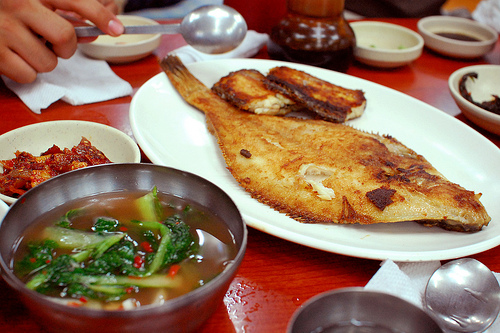
Eat More Fish
Those who live around the Mediterranean Sea tend to eat much more fish and seafood than meat and poultry - simply because of the abundance of delicious fresh fish. Fish is low in fat and calories and packed with flavor, and it's generally advised that you eat at least two portions of it a week, with at least one portion of oily fish. Swap a roast chicken for a whole roast sea bream, or flake smoked mackerel over your lunchtime salad instead of roast ham. Look for fresh fish where possible, but enjoy frozen and tinned too.
- Important notification about information and brand names used in this slideshow!
- Photo courtesy of Justin De La Ornellas by Flickr : www.flickr.com/photos/ornellas/4377366588/
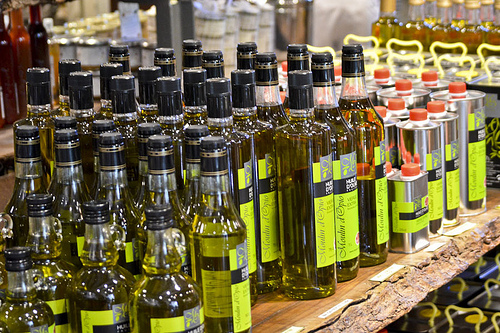
Drizzle Olive Oil
An easy way to make your diet a little more Mediterranean in flavor is to drizzle olive oil - preferably extra-virgin olive oil, as it has more flavor than regular olive oils and is delicious drizzled over salads and eaten raw. For cooking, a regular virgin or normal olive oil will do. Olive oil is a healthy fat and although high in fat and calories, contains antioxidants and heart-healthy vitamins to promote health. Drizzle it over salads with a squeeze of lemon juice instead of shop-bought fatty salad dressings, or add it to sauces or marinades.
- Important notification about information and brand names used in this slideshow!
- Photo courtesy of Allen Sheffield by Flickr : www.flickr.com/photos/awsheffield/7462128318/
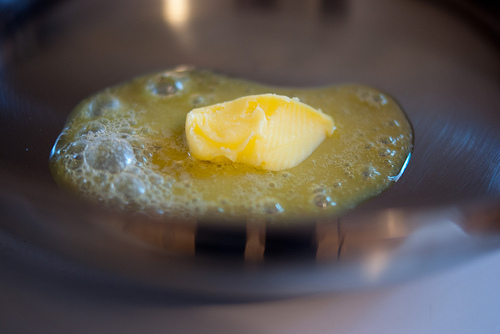
Replace Butter and Margarine
Butter is used very infrequently in Mediterranean cuisine - simply because they prefer olive oil. Butter and margarine are full of unhealthy unsaturated fats and provide very, very few health benefits. Swap butter and margarine for drizzles of olive oil or leave them out altogether and within a few weeks, you'll soon be used to the taste of oil rather than butter. Measure out your oil, though, so that you can keep count of calories, or use a spray bottle instead. You can even use oil instead of butter in baking recipes for a rich, deep, dense taste and texture.
- Important notification about information and brand names used in this slideshow!
- Photo courtesy of Taryn by Flickr : www.flickr.com/photos/tarale/6689005901/
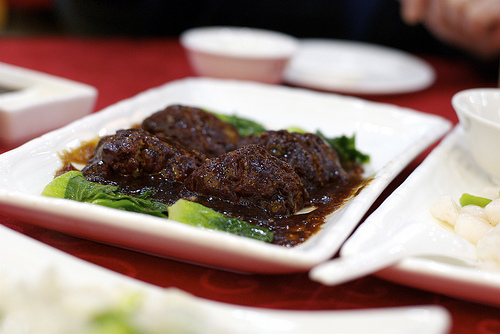
Eat More Lean Meat
Although Mediterraneans eat more fish than meat, when they do choose meat, it tends to be very lean cuts of meat or cheap cuts of meat cooked very slowly to render the fat down. Choose lean steaks, chicken breasts, veal, and pork loin, and cook them into dishes with plenty of veggies, grains and legumes. The key to following the Mediterranean diet is to remember that meat is generally used as a supplement or as a flavoring rather than as the starring role - think beef in a bolognese sauce or a pork fillet served with mounds of veggies and some lentils. Meat portions should be no larger than the palm of your hand.
- Important notification about information and brand names used in this slideshow!
- Photo courtesy of kizzzbeth by Flickr : www.flickr.com/photos/31403417@N00/5536113866/
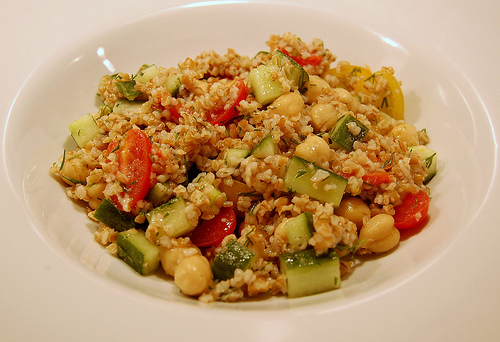
Embrace Whole Grains
Whole grains play a huge part in a Mediterranean diet and tend to form the basis for all meals. Most of the whole grains that are eaten in a Med diet are low in trans fats and are often used to make bread and pasta. Where possible, always choose whole grains rather than white, processed products - wholegrain bread instead of white, wholegrain pasta instead of white (or better yet, homemade) and wholegrain rice instead of white. They'll keep you fuller for longer and will also help to regulate your blood sugar levels, preventing sugar highs and the subsequent sugar lows.
- Important notification about information and brand names used in this slideshow!
- Photo courtesy of Rooey202 by Flickr : www.flickr.com/photos/rooey/5123213312/

Add Game to Your Diet
Instead of sticking to beef, pork, chicken and lamb, consider adding slightly more unusual meats to your diet, such as game. Mediterraneans tend to eat a lot of game meat, including rabbit, pheasant, veal, partridge, quail, pigeon, venison and much, much more, as well as duck and cheaper cuts of meat such as pork knuckle. Game meat is usually very, very lean and is incredibly healthful - plus, it's just as easy to work with as "normal" meats. It's rich and does have a strong flavor, but a little bit does go a long way. Buy it from the local supermarket or from your butcher.
- Important notification about information and brand names used in this slideshow!
- Photo courtesy of Manuela de Pretis by Flickr : www.flickr.com/photos/24141546@N06/7021506209/
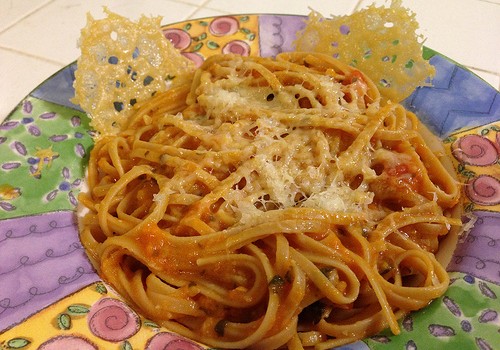
Go Homemade (Pasta and Bread)
Traditionally, Mediterraneans bake a loaf of bread each and every day, and they often make a batch of homemade pasta too. Making your own pasta and bread is much, much easier than you might think and so rewarding, too - plus, homemade always has less ingredients and you know exactly what's gone into it. It's also fresh, nutritious and utterly delicious, too! Mediterraneans tend to eat their bread plain or dipped in a small amount of olive oil, which is also a great habit to pick up - freshly baked bread tastes delicious as it is without added butter or margarine.
- Important notification about information and brand names used in this slideshow!
- Photo courtesy of Phil Denton by Flickr : www.flickr.com/photos/flyingsaab/8301080653/
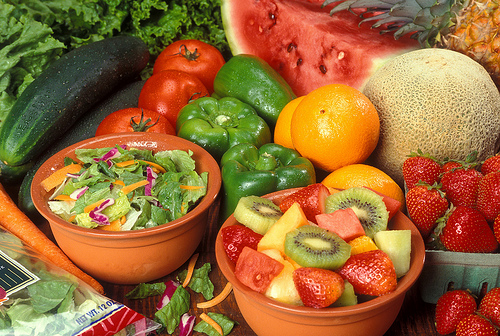
Eat More Fresh Fruit and Vegetables
Fruits and vegetables make up the bulk of a Mediterranean diet - typically, Greeks eat 6 portions a day and Italians even more. They snack on handfuls of cherries or grapes instead of potato chips and will even buy a slice of watermelon to snack on at the beach instead of an ice lolly. Up your fruit and veg intake by scattering berries over your morning cereal, snacking on apples, pears and oranges, enjoying a salad at lunch and serving your evening meal with a large salad or a side portion of roasted veggies.
- Important notification about information and brand names used in this slideshow!
- Photo courtesy of U.S. Department of Agriculture by Flickr : www.flickr.com/photos/usdagov/8453555721/
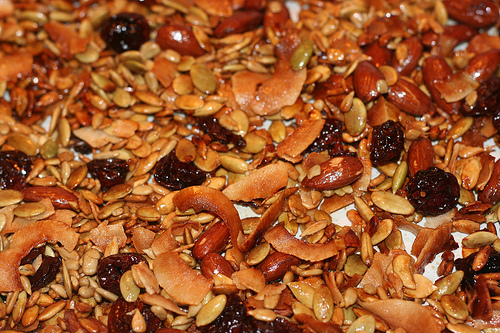
Snack on Nuts, Seeds and Fruit
Although Mediterraneans do indulge in processed snacks like potato chips and chocolate bars - after all, who could resist? - they do tend to choose nuts, seeds and fruit most of the time, saving the processed or unhealthy choices as a "now and then" treat rather than eating them every day. Swap your potato chips and chocolate bars for handfuls of fresh fruit and a handful of nuts and seeds every day. If you have a particularly sweet tooth, cherries, grapes, bananas and oranges are all a good choice, and if you prefer savory, roast your seeds and nuts in the oven for 10 minutes with a pinch of paprika and salt.
- Important notification about information and brand names used in this slideshow!
- Photo courtesy of Kate Ter Haar by Flickr : www.flickr.com/photos/katerha/8233332794/
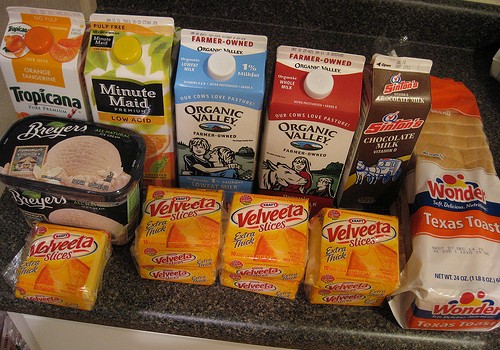
Choose Full Fat Dairy
Although this goes against most dieting advice, full fat dairy such as milk and cheese tends to play an important part in a Mediterranean diet - after all, who'd want to eat a creamy carbonara covered in plasticky low fat cheese? Mediterraneans tend to eat fairly small quantities of dairy and so will often choose full fat varieties over low fat, not only for their flavor, but also for the natural health benefits. As an example, full fat milk contains more vitamins and nutrients than skimmed, which is why parents are encouraged to feed it to their children.
- Important notification about information and brand names used in this slideshow!
- Photo courtesy of Phillip Stewart by Flickr : www.flickr.com/photos/phillipstewart/5245180737/
- www.nhs.uk/Livewell/Goodfood/Pages/what-is-a-Mediterranean-diet.aspx
- http://www.mayoclinic.com/health/mediterranean-diet/CL00011


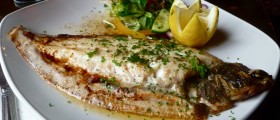
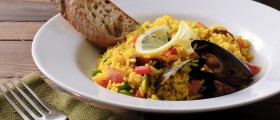
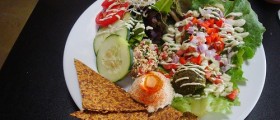
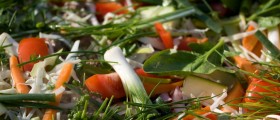
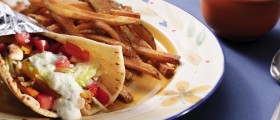
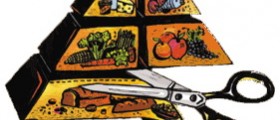
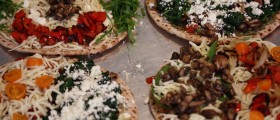

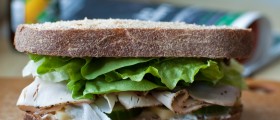

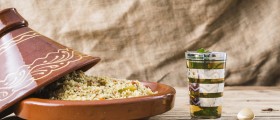
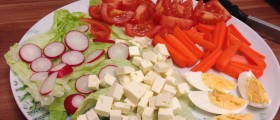

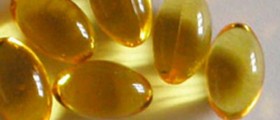

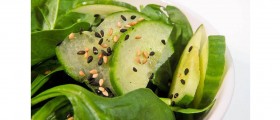
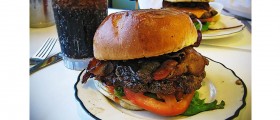

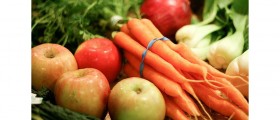
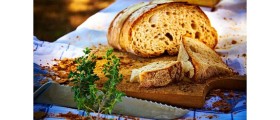




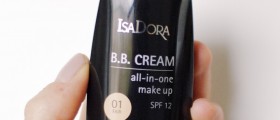
Your thoughts on this
Loading...